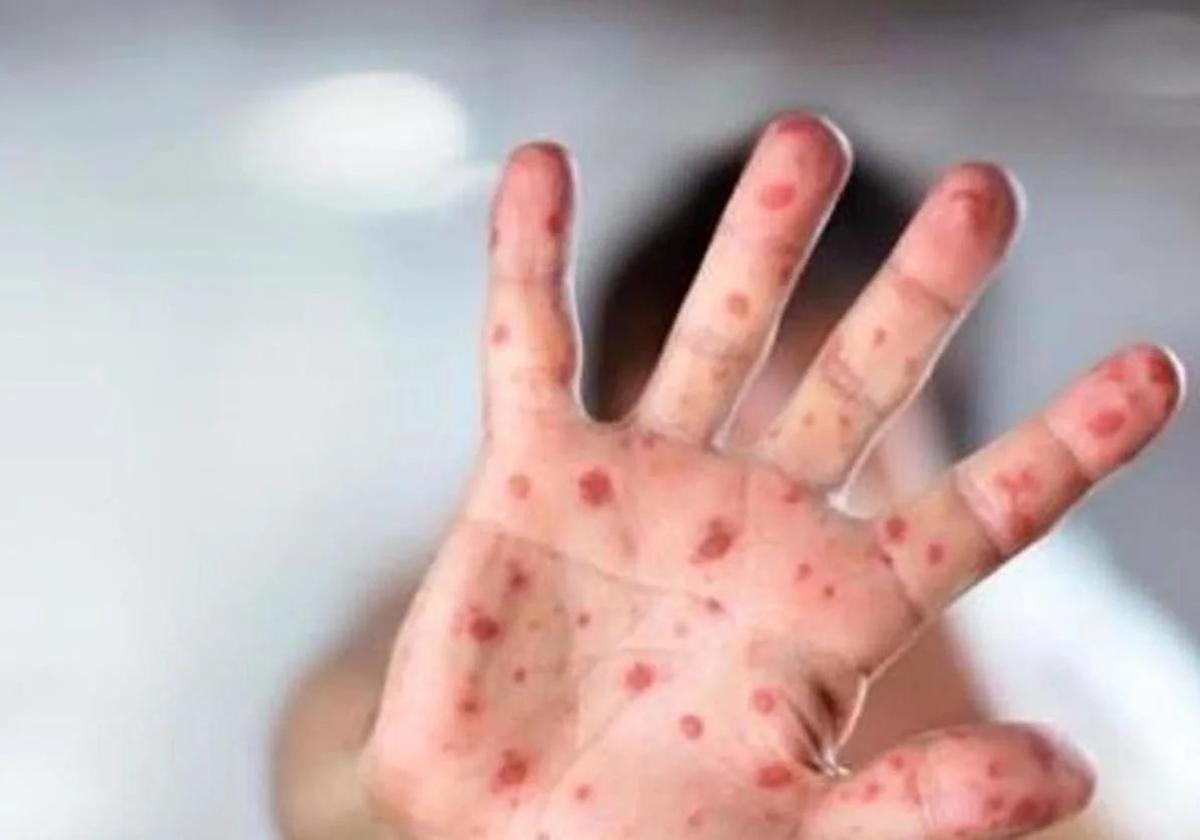EU warns of rise in measles cases due to falling vaccination rates
The increase lies in the failure to comply with recommendations to vaccinate 95% of children with the MMR vaccine, as "misinformation" is blamed
A rise in measles cases and other infectious diseases due to falling vaccination rates has set off alarm bells around the world. This prompted the European Centre for Disease Prevention and Control (ECDC) to issue a message last week, concerning the "sub-optimal vaccination coverage" across the continent.
According to ECDC data, some 35,000 cases of measles have been reported in Europe in the first months of the year (85% of them in Romania), with 23 deaths. In Spain, the Carlos III institute has recorded 193 cases from 1 January to 20 April, with major outbreaks in the Basque Country and Malaga.
"Thanks to vaccination, we have eradicated smallpox and controlled serious diseases such as polio, diphtheria and tetanus. We need to intensify efforts to maintain high vaccination coverage," said Pamela Rendi-Wagner, director of the ECDC.
The key to the increase in measles lies in the failure to comply with recommendations to vaccinate 95% of children with the MMR vaccine, which serves as protection against mumps, measles and rubella. Spain does not reach this percentage in the second dose, which is necessary for a child to be considered immunised against the disease. However, the figure in the country is close to the required percentage and the situation is, therefore, not as worrying at the moment. "In Spain, we are fortunate that paediatric nursing has a high credibility. But above all, we have to put an end to the hoaxes. Measles is not cured with vitamin A, measles is prevented with vaccines," said Ángel Gil, professor of preventive medicine and public health at the Universidad Rey Juan Carlos.
Europe is starting to see the same problem that the US has had for a while now. Rubella, mumps, polio, diphtheria and, above all, measles, could once again become endemic diseases in the next two decades due to the notable drop in the population's immunisation rates. The case of Texas, where an outbreak infected more than 600 people, leading to 64 hospitalisations and two child deaths, could become the new norm, if vaccination policies are not radically changed. The prediction appeared in a study compiled by researchers from Stanford University and other institutions, which was published in the Journal of the American Medical Association (JAMA).
Scientists expect 851,000 measles cases a year, 170,200 admissions and 2,550 deaths, if the vaccination rate continues as it is at the moment (between 85% and 93%). Another 10% drop in immunisation rates would raise the number of infections to 11.1 million. If rates were to fall by 25%, the number of people infected over the next 25 years could rise to 26.9 million, 5.4 million hospitalisations and 80,600 deaths.
misinformation
The report lists the causes of the decline in vaccination: lack of risk perception, after the drop in cases due to widespread immunisation of the population in previous decades; misinformation about the efficacy and safety of vaccines, which grew significantly during the Covid-19 pandemic, but which had a long tradition in the US due to its strong anti-vaccine movement; and in particular, doubts about the MMR (measles, mumps and rubella) following the appearance in 1998 of a study linking this vaccine to autism. The supposed research was refuted and withdrawn, and its author was expelled from the General Medical Council in the UK, but the distrust remained among a large part of the public.
"What is happening in the US and the UK, is that high vaccination rates had meant that the disease was considered eliminated, but not eradicated. But if vaccination drops, the virus is still there and outbreaks will appear," said Gil.
"Declining vaccination rates in children will increase the frequency and size of outbreaks of previously eliminated vaccine-preventable infections, eventually leading to their return to endemic levels," said the authors of the study, highlighting the importance of "continued routine childhood vaccination with high coverage to prevent the re-emergence of infectious diseases".

